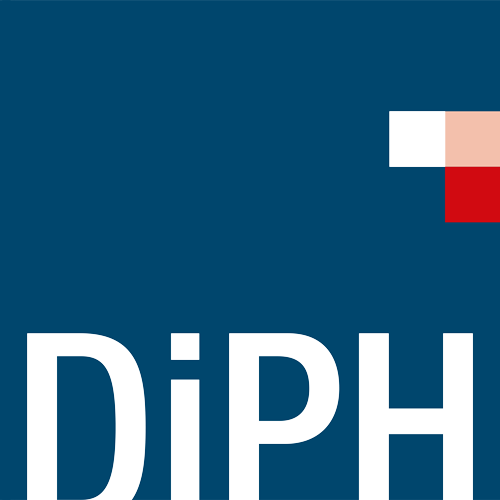The new Lusatian Center for Digital Public Health at the Brandenburg University of Technology Cottbus-Senftenberg (BTU) is researching the opportunities and risks of the digital further development of healthcare in the region. In doing so, it is cooperating with the Leibniz ScienceCampus Digital Public Health, which BIPS is coordinating.
People's health is closely linked to the circumstances in which they grow up and live. Digital health services are becoming increasingly relevant in everyday life. They hold potentials, but also risks in terms of disease prevention, health promotion and care. In cooperation with the Robert Koch Institute and the Leibniz Science Campus Digital Public Health, scientists at the new Lusatian Center for Digital Public Health (LauZeDiPH) in Senftenberg are researching these aspects for the population in Lusatia.
"Our central concern is to find out how the further development of health care, promotion and research in Lusatia, supported by digital solutions, can improve the situation of people in reality and reduce health inequalities," explains Prof. Dr. Jacob Spallek, who heads the new center. "Since access to, use of and effects of health services are often distributed differently in the population, we need knowledge about what specific needs exist and what local people's ideas are regarding the further development of health care."
"We are pleased to be able to conduct research together with our partners in Lusatia on key issues related to digital technologies for public health and health care," says Prof. Dr. Hajo Zeeb, spokesperson for the Leibniz ScienceCampus Digital Public Health and head of the Department of Prevention and Evaluation at BIPS. He adds, "The Leibniz ScienceCampus in Bremen has gained a lot of valuable experience and knowledge over the years, which we can now build on together."
More information can be found here.







